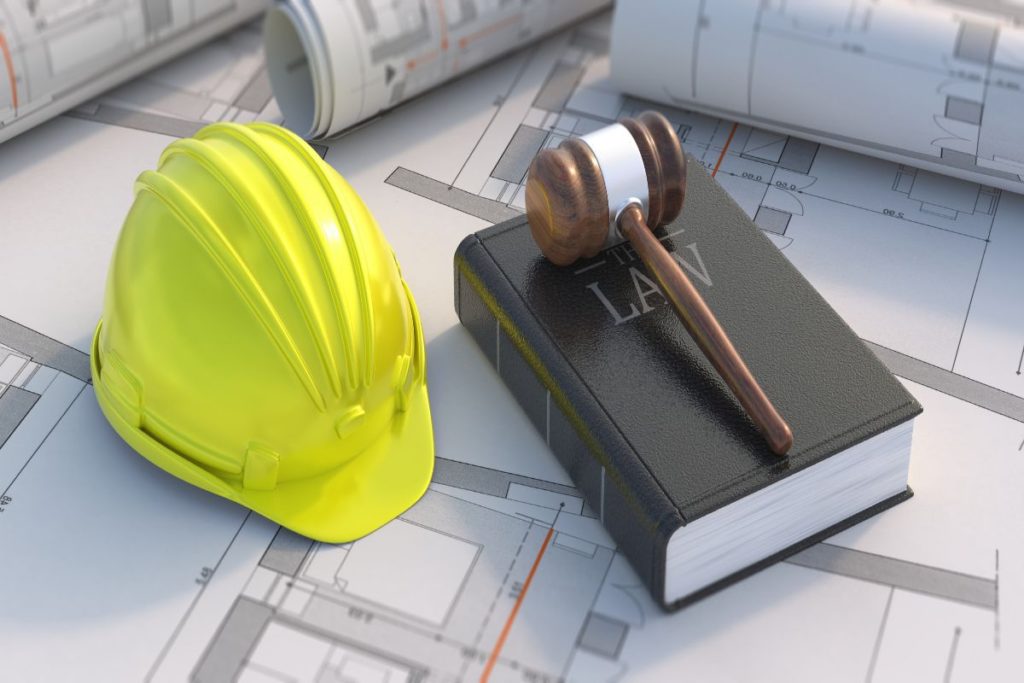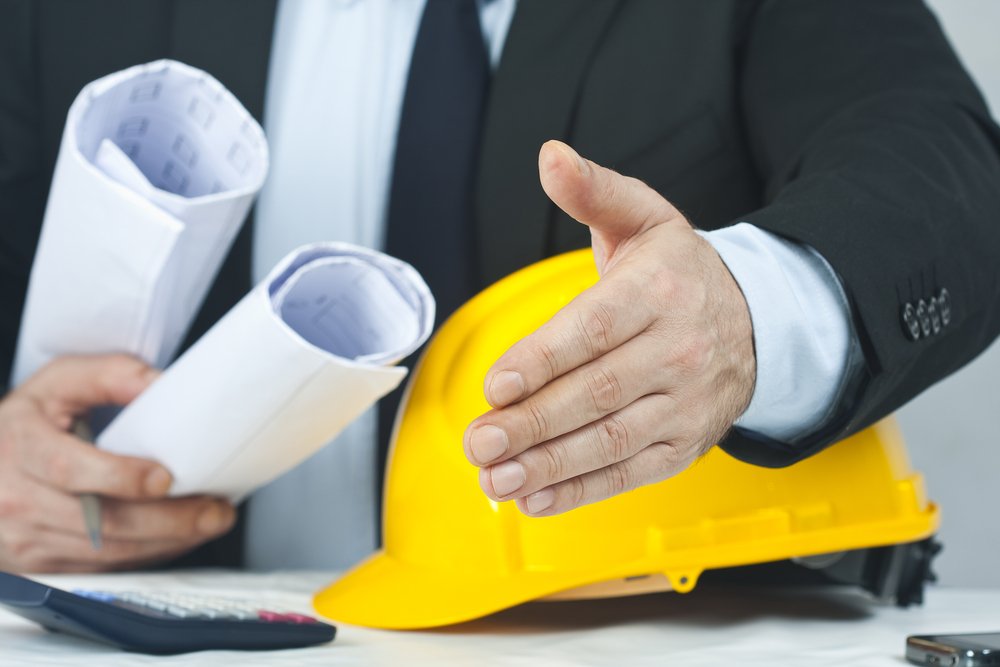Construction projects are often complex undertakings involving multiple stakeholders, including contractors, subcontractors, suppliers, and clients. Given this complexity, it is essential to ensure that your interests are adequately protected throughout the process. Building lawyers play a crucial role in safeguarding these interests, providing legal expertise and guidance at every stage of a construction project. This article explores the various ways in which building lawyers can protect your interests in construction projects.
The Role of Building Lawyers in Construction Projects
Building lawyers specialise in construction law and are equipped to handle a wide range of legal issues that may arise during a project. Their expertise encompasses contract negotiation, dispute resolution, compliance with regulations, and risk management. Understanding the multifaceted role of building lawyers can help stakeholders appreciate the value they bring to construction projects.
Contract Negotiation and Drafting
One of the primary responsibilities of a building lawyer is to assist in the negotiation and drafting of contracts. These contracts form the foundation of any construction project, outlining the rights and obligations of all parties involved. A well-drafted contract can prevent misunderstandings and disputes down the line.
Building lawyers ensure that contracts are comprehensive and clear, covering essential aspects such as project scope, timelines, payment schedules, and liability clauses. By meticulously reviewing and negotiating contract terms, they help clients avoid pitfalls that could lead to costly legal battles in the future. Furthermore, they often incorporate clauses that address unforeseen circumstances, such as delays caused by inclement weather or supply chain disruptions, thus providing an additional layer of protection for all parties involved.
Compliance with Legal Regulations
Construction projects are subject to a myriad of legal regulations, including building codes, safety standards, and environmental laws. Building lawyers are well-versed in these regulations and can help ensure that your project complies with all relevant legal requirements.
Failure to comply with regulations can result in significant delays, fines, or even project shutdowns. By engaging a building lawyer, stakeholders can navigate the complex legal landscape and mitigate the risk of non-compliance. Additionally, building lawyers often liaise with local authorities and regulatory bodies, ensuring that all necessary permits and approvals are obtained in a timely manner. This proactive approach not only streamlines the construction process but also fosters a collaborative relationship with regulatory agencies, which can be invaluable in addressing any potential issues that may arise during the project lifecycle.
Dispute Resolution Strategies
Disputes are not uncommon in construction projects, arising from issues such as delays, cost overruns, or disagreements over contract terms. Building lawyers are instrumental in resolving these disputes efficiently and effectively, helping to maintain project momentum.
Mediation and Arbitration
Building lawyers often recommend alternative dispute resolution methods, such as mediation and arbitration, to resolve conflicts without resorting to litigation. These methods are typically more cost-effective and quicker than traditional court proceedings.

In mediation, a neutral third party facilitates discussions between the conflicting parties to help them reach a mutually agreeable solution. Arbitration, on the other hand, involves a binding decision made by an arbitrator after hearing both sides of the dispute. Building lawyers guide their clients through these processes, ensuring their interests are represented and protected.
Litigation as a Last Resort
While mediation and arbitration are preferred, there are instances where litigation becomes necessary. Building lawyers are equipped to represent clients in court, advocating for their rights and interests. They prepare legal documents, present evidence, and argue cases before a judge or jury.
Litigation can be a lengthy and costly process, but having a skilled building lawyer can significantly increase the chances of a favourable outcome. Their expertise in construction law ensures that clients are well-prepared to face any legal challenges that may arise.
Risk Management in Construction Projects
Effective risk management is vital in construction projects, where unforeseen circumstances can lead to financial losses and project delays. Building lawyers play a key role in identifying potential risks and developing strategies to mitigate them.
Identifying Potential Risks
Building lawyers conduct thorough assessments of construction projects to identify potential legal risks. This includes reviewing contracts, assessing compliance with regulations, and evaluating the financial stability of contractors and subcontractors.
By identifying risks early on, building lawyers can help clients take proactive measures to address them, minimising the likelihood of disputes and delays. This foresight can save time and money, ensuring that projects stay on track.
Developing Risk Mitigation Strategies
Once potential risks have been identified, building lawyers work with clients to develop effective risk mitigation strategies. This may involve revising contract terms, implementing safety protocols, or ensuring adequate insurance coverage.
By taking a proactive approach to risk management, stakeholders can safeguard their interests and enhance the overall success of the construction project. Building lawyers provide invaluable guidance in this regard, drawing on their expertise to create tailored solutions for each project.
Protecting Intellectual Property Rights
In addition to managing legal risks, building lawyers also play a vital role in protecting intellectual property rights associated with construction projects. This includes safeguarding designs, plans, and proprietary technologies that may be developed during the project.
Ensuring Proper Documentation
Building lawyers advise clients on the importance of proper documentation to protect their intellectual property. This includes drafting non-disclosure agreements (NDAs) and ensuring that all relevant designs and plans are adequately registered and protected.
By maintaining thorough documentation, clients can establish ownership of their intellectual property and prevent unauthorised use by third parties. This protection is essential in a competitive industry where innovative designs and technologies can provide a significant advantage.
Handling Intellectual Property Disputes
In cases where intellectual property rights are infringed upon, building lawyers are equipped to handle disputes effectively. They can represent clients in negotiations, mediation, or litigation to protect their rights and seek appropriate remedies.
Having a building lawyer with expertise in intellectual property law can make a significant difference in the outcome of such disputes. Their knowledge of the legal landscape ensures that clients are well-represented and that their interests are safeguarded.
The Importance of Communication and Collaboration
Effective communication and collaboration are critical components of successful construction projects. Building lawyers facilitate open lines of communication between all stakeholders, ensuring that everyone is on the same page and that potential issues are addressed promptly.
Building Strong Relationships
Building lawyers often act as intermediaries between clients, contractors, and other stakeholders, fostering strong relationships based on trust and transparency. By promoting open dialogue, they help to prevent misunderstandings and conflicts that could jeopardise the project.

Strong relationships can lead to more successful outcomes, as stakeholders are more likely to work collaboratively towards common goals. Building lawyers play a pivotal role in nurturing these relationships, creating a positive environment for project success.
Regular Updates and Reporting
Building lawyers also keep clients informed about the legal aspects of their projects through regular updates and reporting. This ensures that clients are aware of any potential legal issues that may arise and can make informed decisions accordingly.
By staying engaged and providing timely information, building lawyers empower clients to navigate the complexities of construction projects with confidence. This proactive approach contributes to the overall success of the project.
Conclusion
Building lawyers are an invaluable asset in construction projects, providing essential legal support and guidance at every stage. From contract negotiation and compliance to dispute resolution and risk management, their expertise helps protect the interests of all stakeholders involved.
By engaging a building lawyer, clients can navigate the complexities of construction law with confidence, ensuring that their projects are completed successfully and in accordance with legal requirements. In an industry where the stakes are high, having a dedicated legal professional on your side can make all the difference.
Ultimately, the role of building lawyers extends beyond mere legal representation; they are partners in the construction process, committed to safeguarding their clients’ interests and facilitating successful project outcomes. As construction projects continue to grow in complexity, the importance of building lawyers will only increase, making their expertise essential for anyone involved in the industry.
See also: Understanding the impact of family law on domestic relations.
